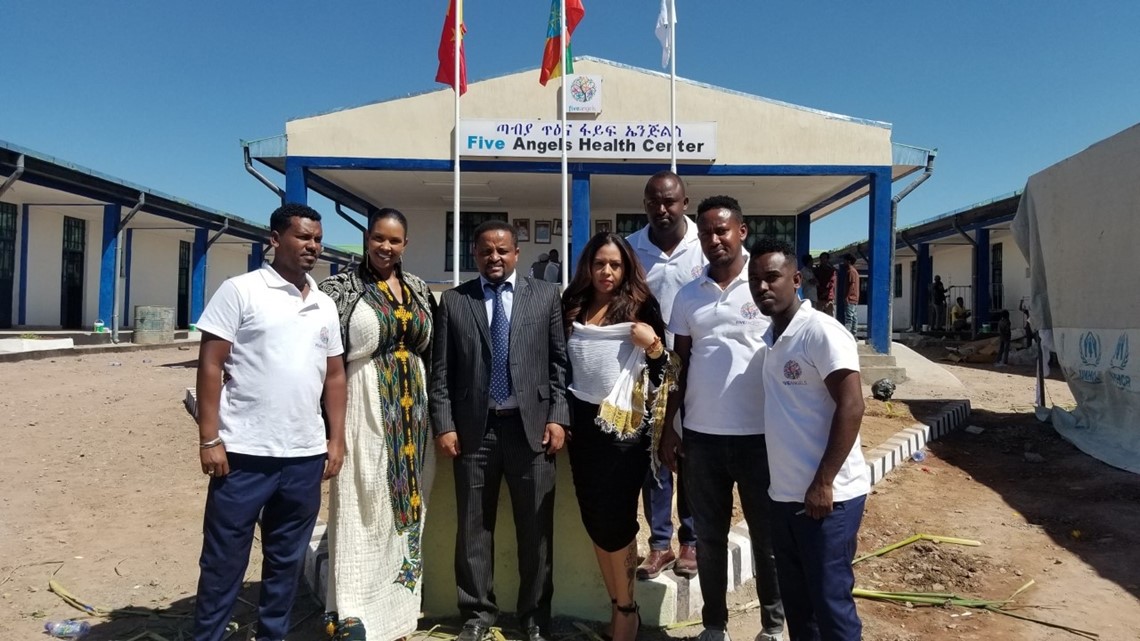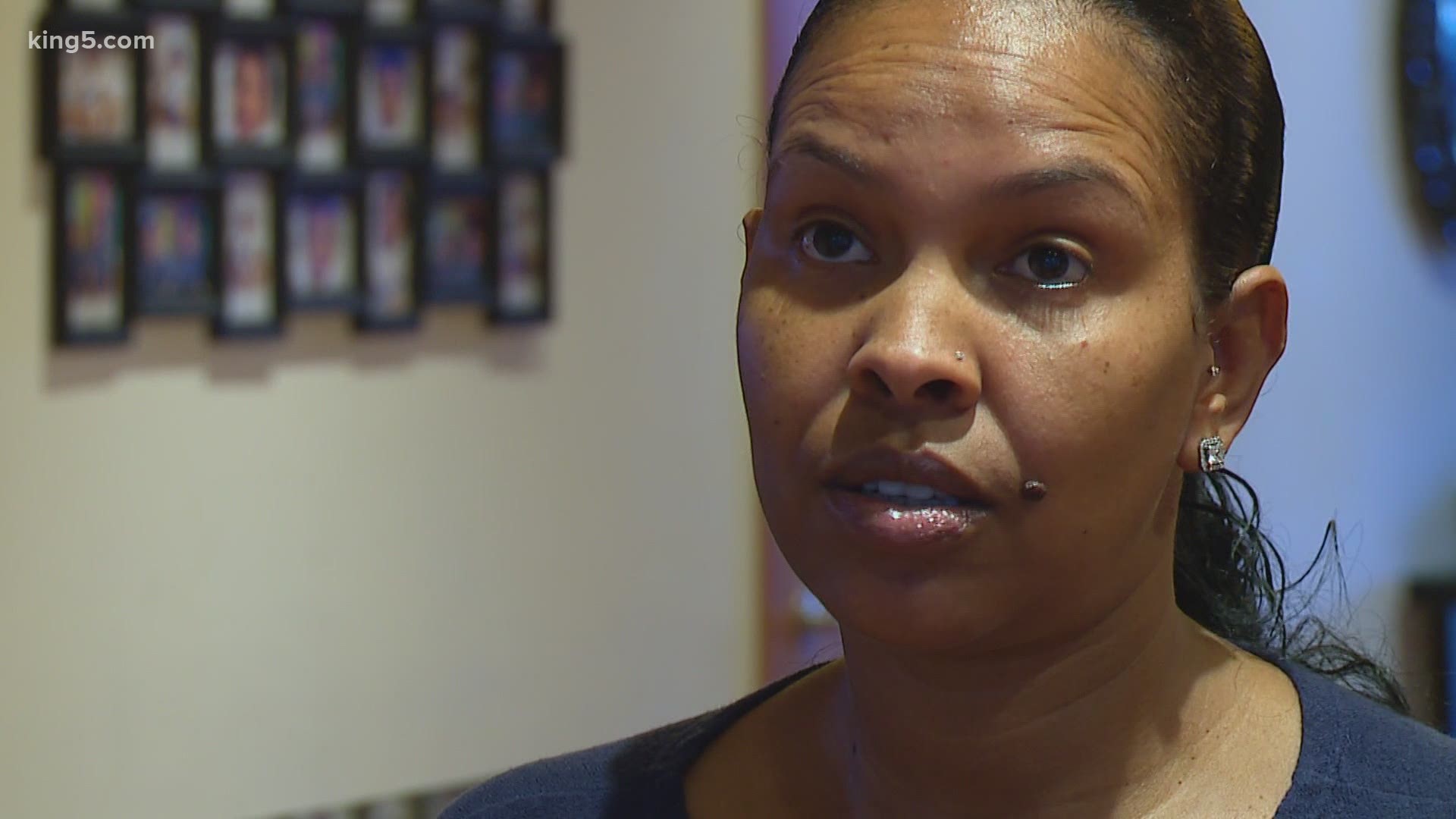SEATTLE — Members of Seattle’s large Ethiopian community say they're desperate to hear from loved ones impacted by an ongoing civil war in their native country.
Ethiopia is the second most populous country in Africa with nearly 115 million people, and at the northern most portion is the Tigray Region. For the past two years, tensions have been rising between the Tigray People’s Liberation Front (TPLF) and the Ethiopian Federal Government.
Over a month ago, on Nov. 4, those tensions came to a head and fighting broke out in the Tigray Region.
In Seattle’s Central District, sorting donations has been a welcome distraction for members of the Tigray Women’s Association. They have been collecting children's clothing and over the counter medication, among other things, to send not to their native Ethiopia, but instead to neighboring Sudan.
"Our families...We don’t know where they are. We're just sending things and hoping that it’s actually going to make it because we don’t even know if it’s going to make it," said Helen Gebregiorgis, an Ethiopian-American from the Tigray Region.
More than 45,000 Tigrayan refugees are now living in shelters in a remote portion of Sudan, and more than one million people have been displaced and hundreds more are feared dead.
"We have a challenge, it is manly relocating the refugees. The trip takes more than 15 hours from this reception center to the camp," said a spokesperson for the United Nations High Commissioner for Refugees, who was at a refugee camp in a remote part of Sudan
An internet and phone blackout inside the Tigray Region has also made communication nearly impossible.
"I (haven’t) talk to my mom, in almost one month and one week," said an Ethiopian-American woman in Seattle named Alganesh. "My mom, she is old, 89-years-old. I don’t know. Maybe she’s died. Nobody’s helped her, no communication no nothing," she continued through tears.
Ethiopia’s Prime Minister Abiy Ahmed, who is of the Oromo Ethnic group and not Tigrayan, ordered the Ethiopian army into Tigray in retaliation for an attack on a military base. A "mission to save the country and the region from spiraling into instability," according to a government press release.
He is a leader who in 2018, just two years ago, won a Nobel Peace Prize and accepted the award in person in Norway.
"I am committed to toil for peace every single day," Ahmed said during his acceptance speech in 2018.
The then newly elected leader was recognized for calming decades long tensions with neighboring Eritrea. Now today, the prime minister claims to be pursuing peace through what he once called the "dusty trails of war."
The Ethiopian government has accused the Tigrayan Liberation Front of terrorism and treason and referred to them as a "criminal clique."
Simply put, displaced Tigrayan people in Seattle just don’t see it that way.
"I was on my phone on Facebook and I got a message from a friend saying 'hey we are officially at war with the federal government.' I was shocked and didn’t know how to react," said Nahom Kahsay, who is Helen Gebregiorgis' cousin.
Kahsay came to the United States after college two years ago to pursue a career in engineering. He and his cousin haven't heard from their relatives in weeks.
"This is a genocide. It is targeting nothing but the Tigray people," said Gebregiorgis.
Gebregiorgis came to the U.S. at 10-years-old and only visited her native Ethiopia for the first time as an adult. She did it as a personal mission of healing after she lost five family members, including three of her own children, in a house fire in Seattle in 2010.
"Healing…healing is a big word," Gebregiorgis said.
It was pain that she turned into motivation. She opened a women’s clinic in the Tigray Region of Ethiopia in January of this year and called it the "Five Angels Health Center," after the family members she lost.


It’s been a month and she doesn’t know if the building is still standing. She has heard reports of looting and has yet to hear from her staff. It's just one of many stories like this one that people will find from the region.
"You really want to help, you really want to do something. You can’t do anything expect speak about it," Kahsay said.
Despite claims of victory from both sides, the more likely reality is that the fighting will continue.
So, from 8,000 miles away, those in Seattle continue to collect donations, because they can’t do much else -- donations they can only hope will reach their loved ones, wherever they may be.

